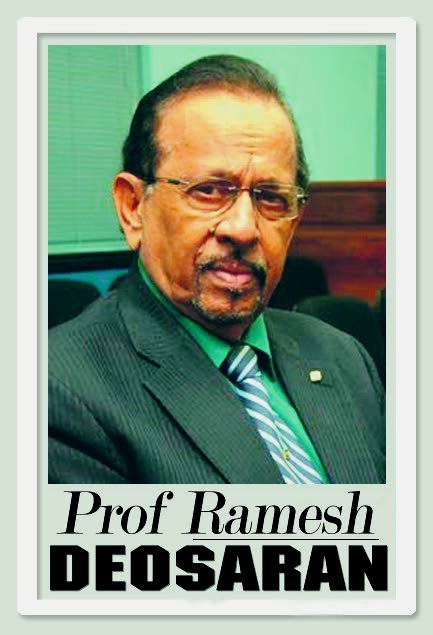Will racism ever end?

You could curse it, study it, march against it, legislate against it, even punish it but from evidence past and present, it looks like racism will live forever among us.
Today, many across the world are furious against the police officer, Derek Chauvin, kneeling on the neck of a male suspect three weeks ago on a street in Minneapolis. The picture was worth a thousand angry words. The officer was white. The suspect was black, 46-year-old George Floyd. Three other officers just stood there. In addition to the heart-breaking picture, the man’s repeated plea, “I cannot breathe,” became a clarion call.
And this came almost six years since another black man, 43-year-old Eric Garner suffered a deadly chokehold by a white police officer in a Staten Island street, New York.
There were loud noises, protests and police reform measures following Garner’s death. Such police brutality should have stopped.
Why is it so hard to bring evil to an end? Racism too – one race believing it is superior to another while another race fights to be equal to others, all engaged in competition for the same space, scarce resources and respect.
The televised marches, images of broken windows and looting will end, but the racial consequences will continue, part of which may be quietly recorded in the November US elections. While George’s brother cried “Stop the pain,” a female attorney was reportedly caught spitting on a protester. She was white.
Racism has always been around, before and after Jesus, Holy Prophet Muhammed and the Hindu gods. It was always a struggle, plainly or disguised. Philosophers struggled to find a political system with sufficient moral purpose to mitigate if not defeat racism. From framing a social contract between governors and the governed, from creating an autocratic Leviathan to control man’s vile instincts, from awakening man’s conscience to do right to his fellow-men – nothing worked.
Plato tried to ease class warfare by proposing an elite group of “philosopher kings” to rule over others who would know their place, be they carpenters or soldiers – a most undemocratic system. Smartman Machiavelli proposed a scheming monarch who would thrive on making his multi-ethnic subjects fear more than love him.
Racism mixed with class discrimination continued.
The point of these brief references is that so far all artificial systems proposed have not worked well. The racial instinct reared its head. Check the Middle East, India, Africa, Europe, US, Australia, UK, Guyana.
Here, politicians take God’s oath and still discriminate. Faced with a struggling multi-ethnic society, not only have we here put politics before economics but have paid no serious attention to racial discomfort felt by one group against the other.
It is such discomfort that inspired Adam Smith to elevate his economic theory (Wealth of Nations) to the need for a public morality (Moral Sentiments) that brings compassion and social justice in the exchange of goods and services. Our own racism is protected by Sigmund Freud’s subconscious defence mechanisms – denial, scapegoating, projection. It’s always somebody else.
Our well-intentioned post-covid19 committee recovery report is largely on short-term economics, without any helpful reference to the Facebook-mirrored racial unease across the country and which would unfortunately help derail the committee’s proposals. This is the absence of the social capital required to help drive economic development.
From Amartya Sen to other Nobel-Prize-winning economists, the plea is for economic thinking to include ethics, social justice and racial equity as much as possible. Even in this, the international economic and financial system is so rooted, it seems the world will have to live with racial inequity for a long time. I know many of you will think this column is too ivory-towered and pessimistic and that someday racism will end.
Hope helps keep us alive, but when I look back at the compiled 85 essays I wrote on race, politics and democracy in this country (1971-1991), I see no real change.
Today, over and over we hear what Martin Luther King Jr preached, what Mahatma Gandhi said, Nelson Mandela’s pleas for racial harmony, the sermons of Archbishop Jason Gordon and reports from thousands of anti-racism conferences.
No change.
Racism exists in sports, politics, education, law, even in entertainment. We had anti-racist sermons before Adolf Hitler and his eugenic experts became dedicated to “producing a new race of supermen, magnificent blond blue-eyed brutes who would eventually replace the weaker human species.” Hitler wanted to make Germany “great again” after its defeat in World War I.
I leave you with the Serenity Prayer: God, grant me the serenity to accept the things I cannot change, courage to change the things I can, and the wisdom to know the difference.

Comments
"Will racism ever end?"